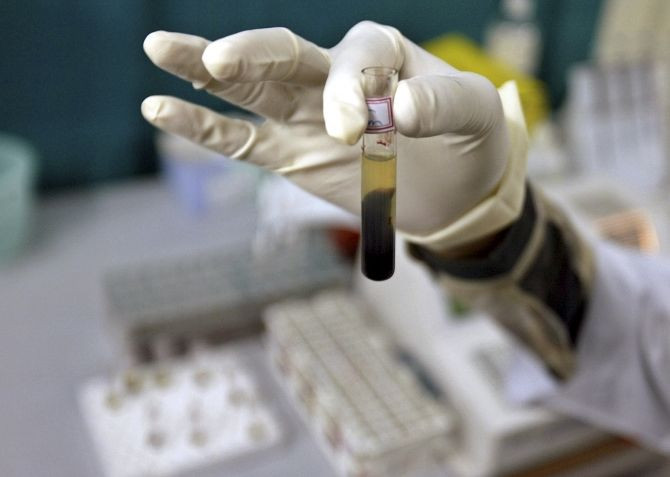Baby Boomers Should Get Tested for Hepatitis C

For all you between the ages of 47 and 67, the United States Center for Disease Control and Prevention (CDC) has an important message; get tested for Hepatitis C.
According to the CDC, out of the 3.2 million Americans who have hepatitis C, nearly two million baby boomers are infected with the disease. The CDC hopes that with these recommendations nearly 800,000 baby boomers can get treatment which can ultimately save 120,000 lives.
The CDC recommendations stem from recent increases in the number of deaths related to hepatitis C. Between 1999 to 2007, deaths from hepatitis C-related diseases increased by 50. In 2011, the first new treatments for hepatitis C were approved by the United States Food and Drug Administration (FDA).
The FDA approved both Incivek, developed by Vertex Pharmaceuticals, and Victrelis, developed by Merck & Company, for the treatment of hepatitis in 2011. Both drugs work by block an enzyme that is associated with hepatitis C reproduction. The drugs are combined with the established ribavirin treatment for hepatitis C in order to reduce viral resistance. Treatments can help cure up to 75 percent of hepatitis C cases according to the CDC.
Hepatitis C is a blood-borne disease that can be spread by the sharing of needles along with unsafe medical procedures. Blood transfusions were also a cause of hepatitis C in America before blood screening began in 1992.
The liver is most affected by hepatitis C. Liver damage is common for those infected with hepatitis C which can lead to scarring. The virus is the leading cause of liver transplants. Other diseases associated with hepatitis C include liver cancer and cirrhosis.
The CDC believes that the spread of hepatitis C reached its peak during the 1970’s and 1980’s where hundreds of thousands of younger baby boomers became infected with the disease. Currently, hepatitis C infections estimates are around 17,000 a year, according to the CDC. Nearly three percent of baby boomers will test positive for hepatitis C, note the CDC.
Currently, the CDC recommends current and former injectable drug users to be tested for hepatitis C. Testing won’t cost more than other screening tests such as testing for cervical cancer or cholesterol screenings.
The CDC's preliminary testing recommendations are expected to be finalized later in 2012.
Published by Medicaldaily.com



























